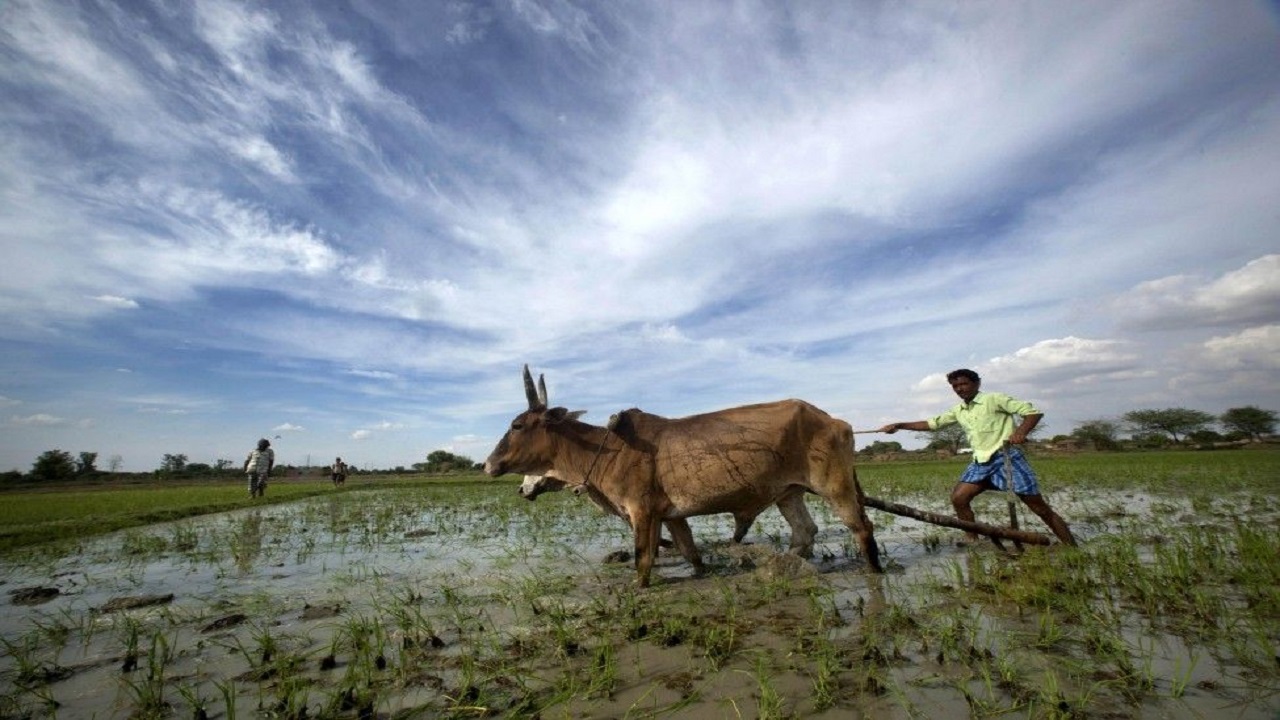
Build a world where all children are safe, strong and valued.
Our work advances the rights of children and youth across four focus areas and five regions. We have a deep commitment to courageous organizations that support young people facing poverty, injustice, and discrimination.
Education
We work to secure equal educational access and high-quality education for all children, no matter what obstacles stand in their way.
Gender Equity
We defend the right of all children and youth to enjoy equal resources and opportunities in society and work to define new social and cultural norms that do not discriminate based on gender identity.
Youth Empowerment
We prepare young people to shape their own futures, advance their rights, and lead healthy, productive lives.
Freedom from Violence & Exploitation
We seek to prevent and end the many forms of violence that keep children and youth from reaching their full potential and to heal those who have been adversely affected by these destructive practices.

